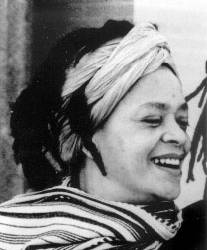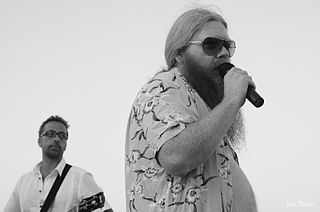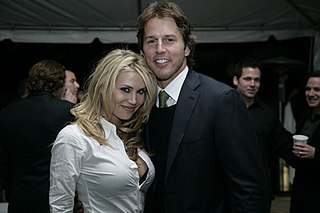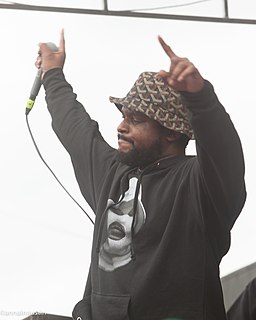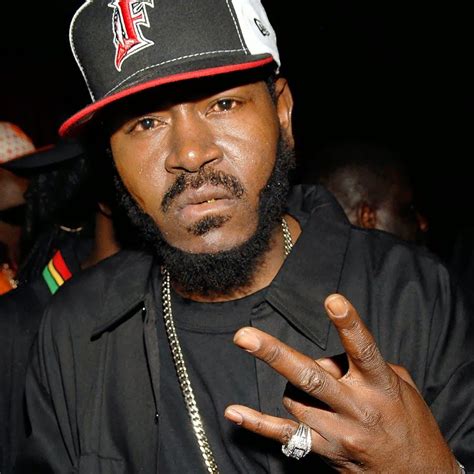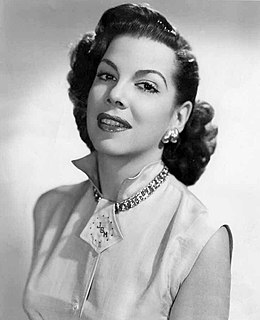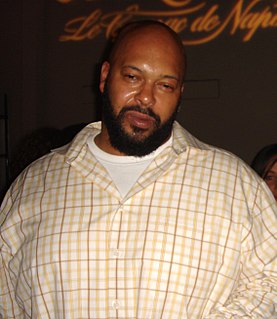A Quote by Toni Cade Bambara
Write a lot and hit the streets. A writer who doesn't keep up with what's out there ain't gonna be out there.
Related Quotes
That first tape I did dropped in 2009. It was just for fun, I'm like 'I'm just going to do something to have fun.' Everyone was just 'put out a tape. You're young. You've got money. It ain't gonna hurt you. Who's it gonna hurt?' So what I ended up doing was I put out the tape, pressed up 20,000 CDs, flooded the streets.
The stories just keep showing up in my head - and I really hope they keep it up! I write what I'm told, and as long as I do that, I don't have any problems with writer's block or anything. The issues come only when I try to force the story or the people in it to do things they don't want to. As a control freak, it's funny that I've learned to be so comfortable with being out of control in what is arguably one of the most important areas of my life!
I had a lot of great lakes of ignorance that I was up against, I would write what I knew in almost like islands that were rising up out of the oceans. Then I would take time off and read, sometimes for months, then I would write more of what I knew, and saw what I could see, as much as the story as I could see. And then at a certain point I had to write out what I thought was the plot because it was so hard to keep it all together in my head. And then I started to write in a more linear way.
For me writing is a long, hard, painful process, but it is addictive, a pleasure that I seek out actively. My advice to young writers is this: Read a lot. Read to find out what past writers have done. Then write about what you know. Write about your school, your class, about your teachers, your family. That's what I did. Each writer must find his or her own kind of voice. Finally, you have to keep on writing.
Yes, I get dry spells. Sometimes I can't turn out a thing for three months. When one of those spells comes on I quit trying to work and go out and see something of life. You can't write a story that's got any life in it by sitting at a writing table and thinking. You've got to get out into the streets, into the crowds, talk with people, and feel the rush and throb of real life-that's the stimulant for a story writer.
